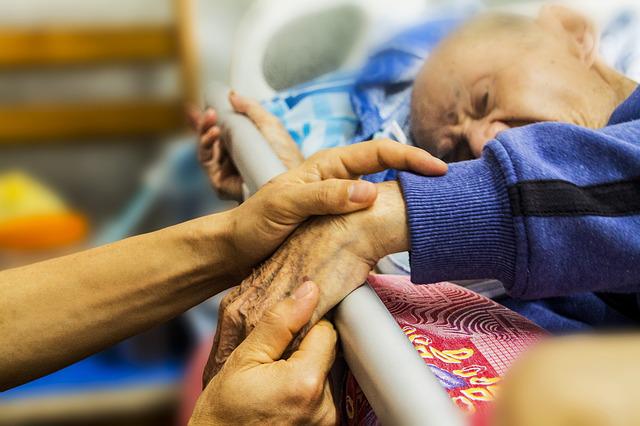
Showering elderly people should be done with care. First, ensure they stay still while showering. If possible, use a non-slip rug. After drying their skin, use a terrycloth or clean cover-up to dry it. They are very sensitive and should not be rubbed. Also, take your time in drying them.
In elderly showers, it is important not to mention body odors.
It does not matter if your elderly relative has a problem with body odor. However, it is important that you remember that their senses are often less sharp. Mentioning body odor to an elderly person can make them uncomfortable or cause anxiety. Instead, it is better to talk with them about their body odor.

Establish a routine
A little planning is required to establish a routine that you will use for showering your elderly loved ones. First, determine how frequently you want to shower your senior loved one. Some seniors are easier to bathe than others. This makes bathing seniors a part of every day and reduces resistance. Next, create a shower program that your senior can see. Put a calendar somewhere the senior can see, mark days with an X, and include days for sponge baths or full baths.
For some people, taking a shower after waking up is a comforting activity. It helps them feel refreshed and helps them sleep better. You can help your loved ones with personal hygiene by creating a routine that helps them stay on track. You can offer them a bath, or music to listen to while you shower. Offer rewards to them if they refuse.
Avoid mentioning fatigue
There are many reasons that elderly people might not want to bathe. Fatigue is one of the most common reasons. It can lead to them unable to move. It can also make them unable to perform daily tasks or keep up with their daily activities. You can prevent your loved one from falling prey to fatigue by keeping the conversation about it to a minimum.
Avoid mentioning dizziness
It is better to avoid mentioning dizziness in showering the elderly, as it can cause serious injuries. One in five seniors is injured each year by falling. Talking to your doctor is important in order to prevent falls.

Poor circulation and side-effects from medication are both possible causes of dizziness. It can also be caused by orthostatic hypotension, which lowers blood pressure when the sufferer stands up suddenly. Either of these causes can lead to dizziness that lasts a long time, including falling or losing balance. If left untreated, the problem could lead to withdrawal from any physical activity.